Books

Table of Contents
And the Mountains Echoed • Invisible Man • The Kite Runner • Juneteenth • The Song of Achilles • Circe
The Picture of Dorian Gray • The Ministry of Utmost Happiness • No Longer Human • On Earth We're Briefly Gorgeous
Klara and the Sun • Brave New World • Flowers for Algernon • Fahrenheit 451 • 1984 • Do Andriod Dream of Electric Sheep?
Historical Fiction
Set in the past with lessons for the future.
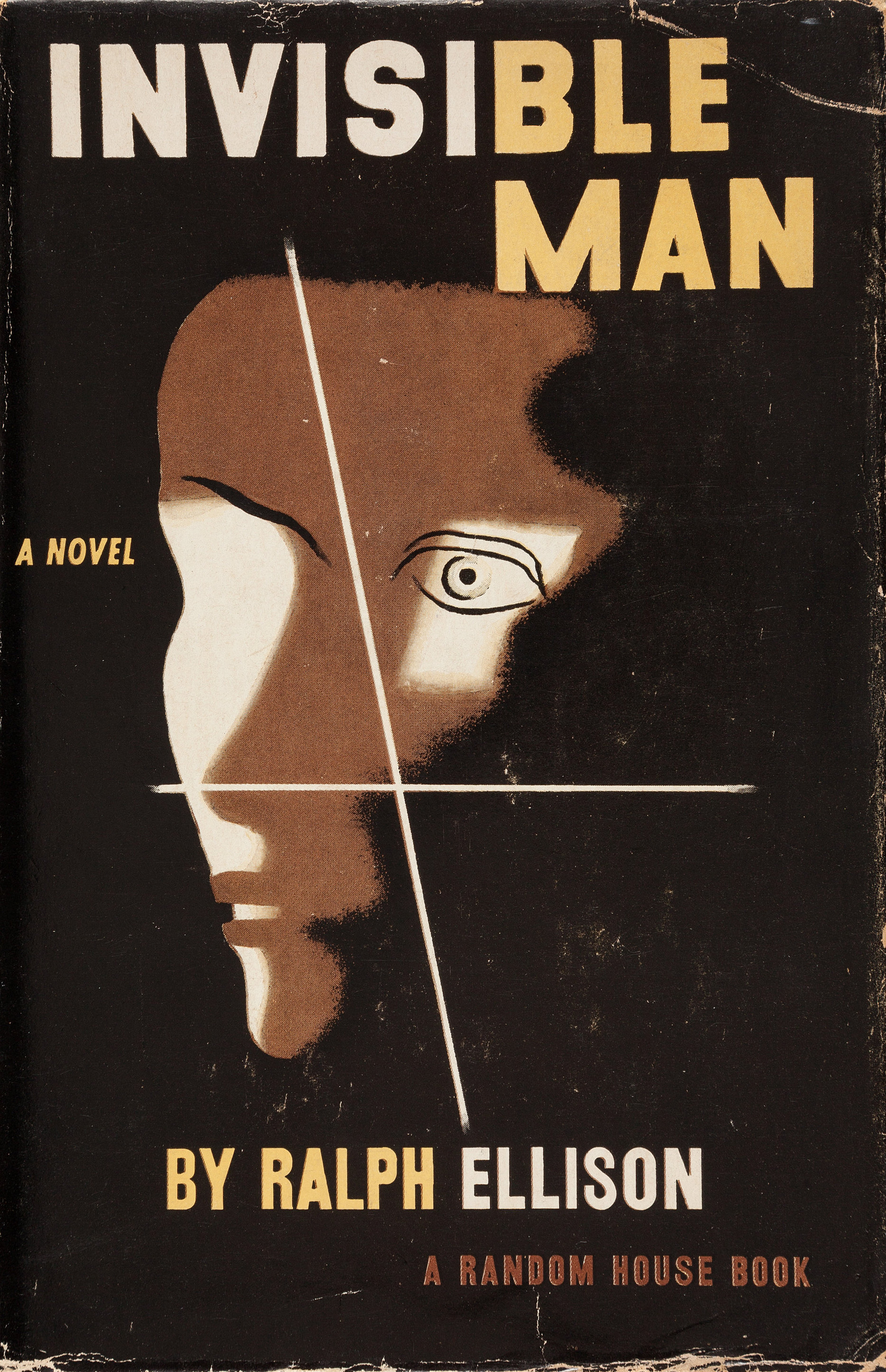
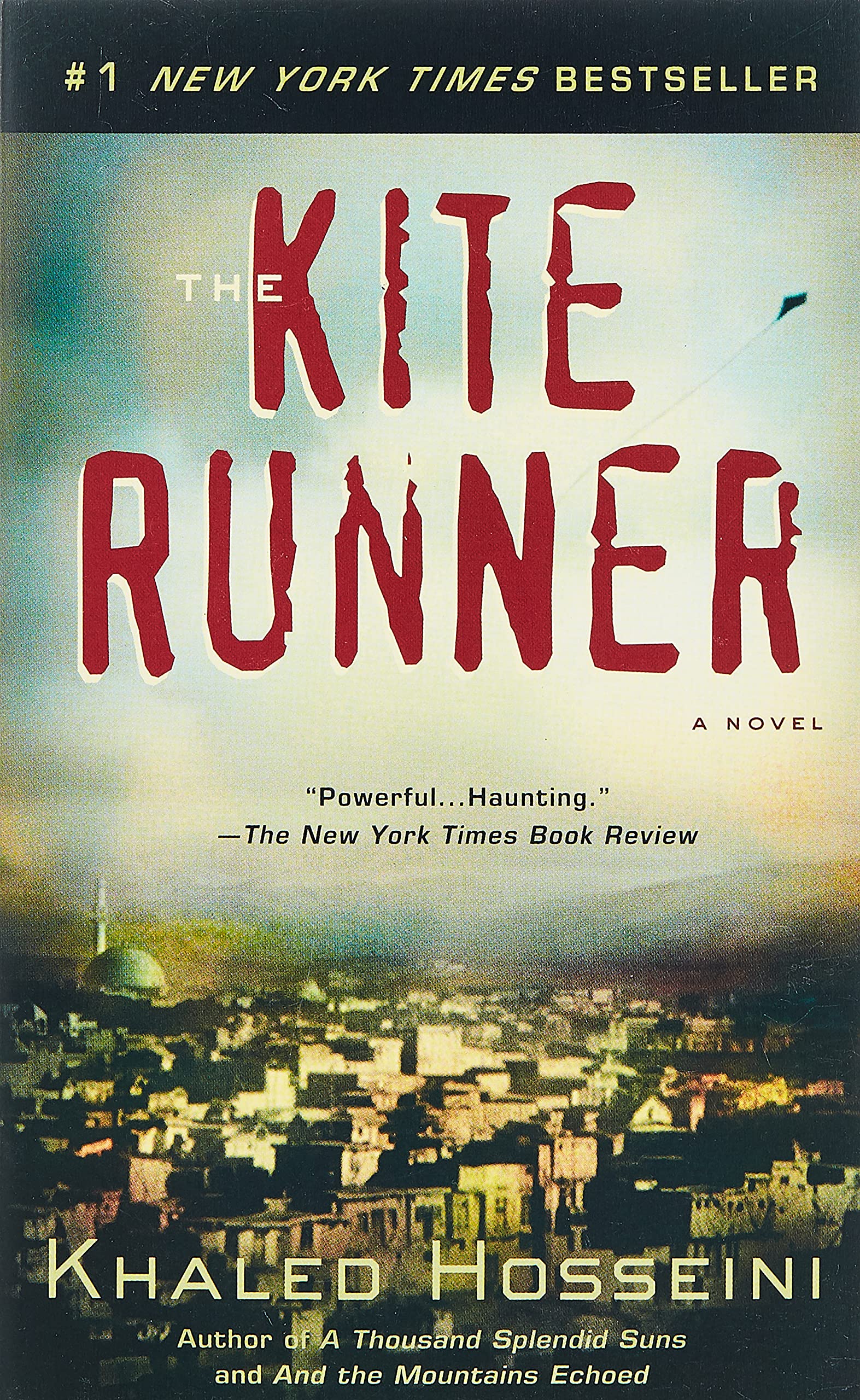

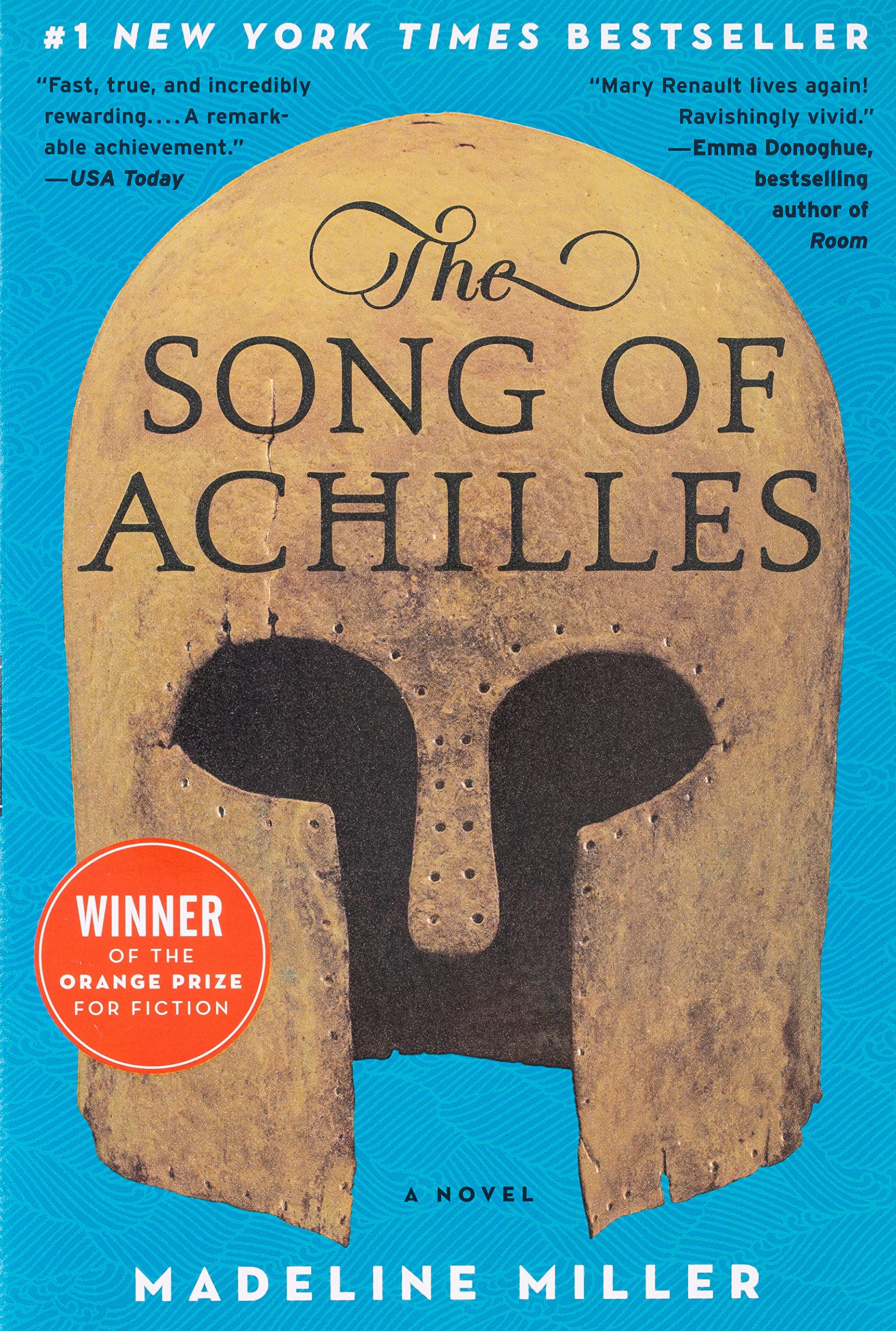
My Rating: 6.7/10
Read in Dec 2024

When I look at this novel as a series of short stories, it is masterful. Each chapter dives into a new character’s life, and through the story, we are introduced to new ideas and perspectives on relationships, cleverly juxtaposing those introduced in the chapters before. You won’t find a one-dimensional character anywhere in this novel; each character is complex and undergoes growth and change. Whereas other books have points that they try to convey, this book is a much more open exploration, not making comments about what is 'right' or 'wrong,' but laying both the good and bad out there for the reader to decide what to make of it. When you look at it this way, it's hard to see how the book could be better.
Unfortunately, this is not a series of short stories; it is a novel. Although there is a central plot line that motivates each of the chapters, they feel largely disconnected. Most chapters end on a cliffhanger that makes you want to know what happens next, only for the next chapter to completely remove you from the story and jump to a new time, place, and person. Every now and then, this would be manageable, but this is the case for the entire novel and quickly becomes tiring.
When taken individually, each of the chapters is an amazing story full of complexity and depth, but when you place them in the full context of the book, where each is dependent on the next, you can’t help but feel rather disappointed with how the novel progresses.
Out beyond the ideas of rightdoing and wrongdoing there is a field. I’ll meet you there.
Rightdoing and wrongdoing are subjective, and defined by your unique life experiences. That which seems right to you might be diametrically opposed by another. And that is okay.
...people have it mostly backwards. They think they live by what they want. But really what guides them is what they’re afraid of. What they don't want.
cruelty and benevolence are but shades of the same color
they say, find a purpose in your life and live it. But, sometimes, it is only after you have lived you recognize your life had a purpose
My Key Takeaways
- Without a personal stake, ‘real change’ cannot happen
- Everyone has to sacrifice things, the important thing is to make sacrifices you can live with.
Character Exploration: Nila (spoilers)
In a novel full of complex characters, Nila is one of the most difficult to comprehend. Although there are many lessons to be learned from the way she lives her life, perhaps the most important is understanding that if you don’t love yourself, you can’t expect others to fill that void. This idea is demonstrated throughout the book. Her father doesn’t give her the time of day, so she goes looking for love by attracting men. But they can’t satisfy her, and she always moves on to the next. Eventually, she settles down, not for love, but for stability, and looks for love through the covenant of maternal bonding. She extirpates a family for her own gain, only to find that her taken daughter, Pari, "is not enough."
Nila, ever the master of deception, paints a very compelling image of herself as someone to be pitied. Throughout the novel, Nila, through her interactions with others, crafts a damsel-in-distress story: she keeps looking for love, yet can never seem to find it. Classic move. And it’s really, really convincing. For so long while reading the novel, I thought, ‘Wow, people are a result of their environments,’ but it's really not that simple. The case in point is that she does have people who could give her the very love she chases. Pari continuously makes significant sacrifices at a young age to be there for her ‘mother,’ and Nabi goes as far as to sell his brother’s daughter just to try and gain her favor. The reality is that she’s not someone to be pitied. In other words, people are not solely the result of their environments. If you’re looking to blame your misgivings on something other than yourself, you better start looking within, lest you end up like Nila (she kills herself).
My Rating: 10/10

Constantly purporting ideologies only to tear them down, Ellison creates a story that never lets you stop thinking beyond the lines. This bildungsroman follows the journey of a black, nameless protagonist through southern America. Beyond simply learning to deal with racism, the protagonist’s tribulations help him develop his sense of identity.
“Live with your head in the lion's mouth. I want you to overcome ‘em with your yeses, undermine ‘em with grins, agree ‘em to death and destruction, let ‘em swoller you till they vomit or bust wide open.”
"By pretending to agree I had indeed agreed"
My Key Takeaways
- Never forget your "why"--the driving force of your actions. This is important both for being productive and actually doing stuff, and in doing stuff that is meaningful. Once you have an underlying reason to accomplish something, setting out to do it becomes infinitely easier.
- Live and die on your own terms, both externally and internally. In conversations, I've had with others, people have told me that they felt like they should act in a certain way, yet chose not to. In those conversations I thought back to this idea. One should strive to, not only recognize what they should do, but act on it as well. Only then can you say you are both externally and internally being true to yourself.
- Ignorance is a double-edged sword. Sure, sometimes ignorance eases the burden in the short term, but it always bites back. If you know that it'll harm you down the line, should you ever choose to remain ignorant about something?
My Rating: 10/10

This book’s focus centers around a heinous past transfixed on a moment when the main character made the wrong decision. Struggling to grapple with his past, the main character embarks on a journey of self-discovery while revisiting his war-torn homeland. Hosseini does not pull any of his punches simultaneously enthralling and horrifying you while depicting harsh truths. Following the Biden administration’s US-Taliban Agreement, this book has become extremely relevant in the political climate and can better help you understand what life is like in Afghanistan.
“A man who has no conscience, no goodness, does not suffer”
My Key Takeaways
- Unless you face your demons, your fears will be realized. Not only will halfheartedly trying to solve your problems destroy your mental health, it will also CAUSE the issues you are trying to solve. It is a pretty extreme stance to take, but I've realized that there's actually a lot of truth to it.
- Daily behavior predicts the outcome in critical moments. People don't just turn superhuman out of nowhere in big moments. The things you do every day, the actions and thoughts you live by, they all predict what you will do in those moments that really matter. If you want better outcomes then, figure out what you can change in what you are doing now.
My Rating: 2/10 [DNF, read about one-third]
Read in Nov 2025

Unfortunately, I found Juneteenth to be overly verbose. Ellison's stylistic flourishes are a double-edged sword: they can immerse the reader in emotion and scene in a way few other styles can, yet they are difficult to balance without becoming distracting. Rather than illuminating the narrative, the excessive descriptions often obscured the scenes, leaving me struggling to visualize what was being conveyed. Personally, I don't want to have to reread a series of sentences multiple times to grasp its meaning.
This was especially disappointing because Ellison's Invisible Man remains my favorite novel to date. The contrast between the two works is like day and night.
It's important to acknowledge the context of this book's publication. Juneteenth was released posthumously, condensed from more than 2,000 pages of material by Ellison's friend, editor, and critic John Callahan. When we consider this, the unevenness and difficulty in reading make more sense. I feel that this work—if it can be called a novel—required serious revision before it was ready for publication, a task sadly impossible after Ellison's passing.
My Rating: 7/10

A modern rendition of the age-old story of Achilles told through the eyes of his lover, Patroclus. It’s nice to see the story everyone knows being told from a completely different perspective. Patroclus is a nobody walking in the land of myth, making his story unique. What really sets this book aside from the rest–-at least for me-–is its conclusion. Not rushed yet not dragging, in alignment with the principles of the story, I don’t think I’ve read a single book that gives you a more satisfying and complete end feeling.
My Key Takeaways
- So often when people die or go away, the focus is on the end. But it shouldn't be. What holds more weight? Those last couple moments, or everything that came before? It's not how someone dies, it's how they lived that matters.
My Rating: 7.5/10

Circe, by Miller, is the tale of the evil witch from her perspective. All sides have two stories, but this novel is about expanding your perspective. This book touches on patriarchy, misogyny, heroism, divinity, and more, both indirectly and directly challenging all kinds of social institutions. Although there are parts of the story that are harder to get through, for the most part, the book is exciting and concludes in an open-ended fashion leaving the reader to write their own ending.
Beneath the smooth, familiar face of things is another that waits to tear the world in two.
When unsure about one's intentions, ask yourself why someone is doing what they are doing, and when you have an answer, think about whether that makes sense. You can almost guarantee that there is more than what meets the eye if it doesn't.
“None shrank and simpered as you did, and yet the great Helios stepped on you all the faster, because you were already crouched”
My Key Takeaways
- Sometimes the differences we see between ourselves and others are not there at all.
- Do what you want, and not what others want of you. The implication goes beyond simply living without regret.
Literary Fiction
Fiction with thought-provoking prose.
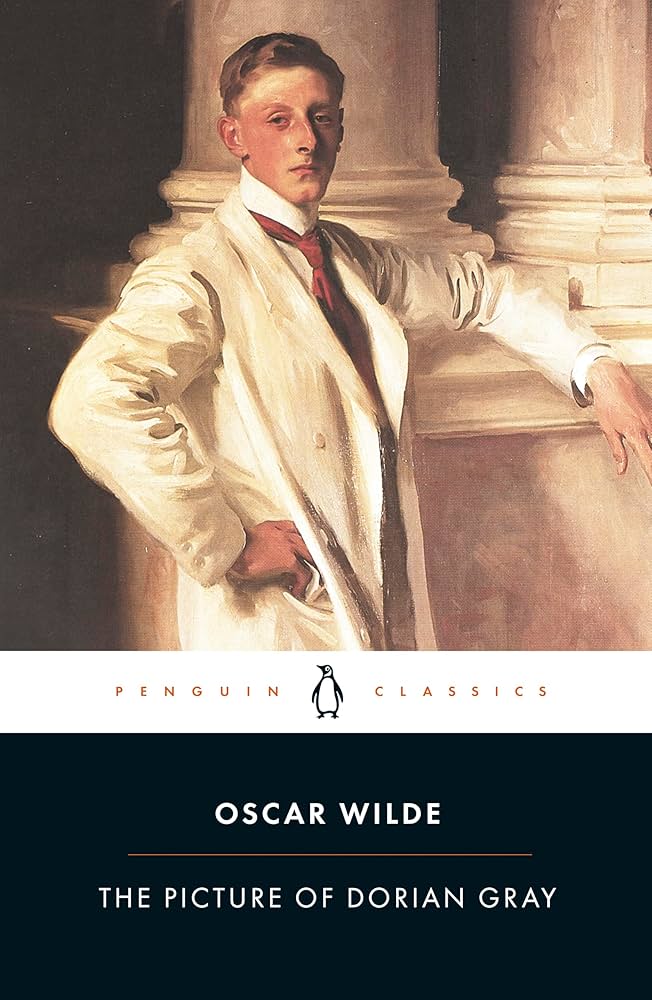
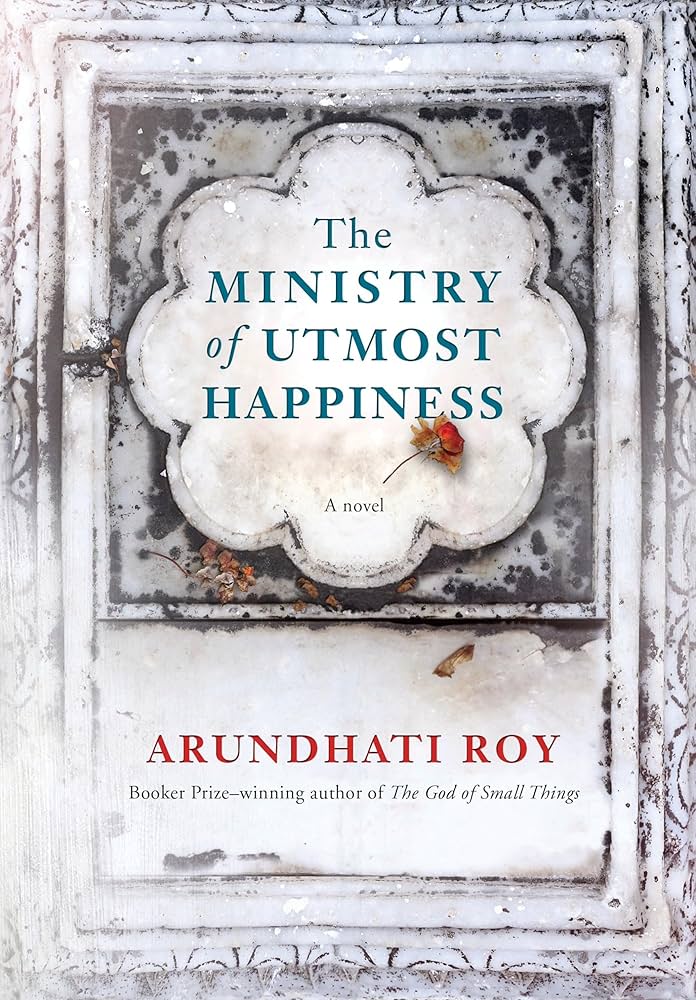
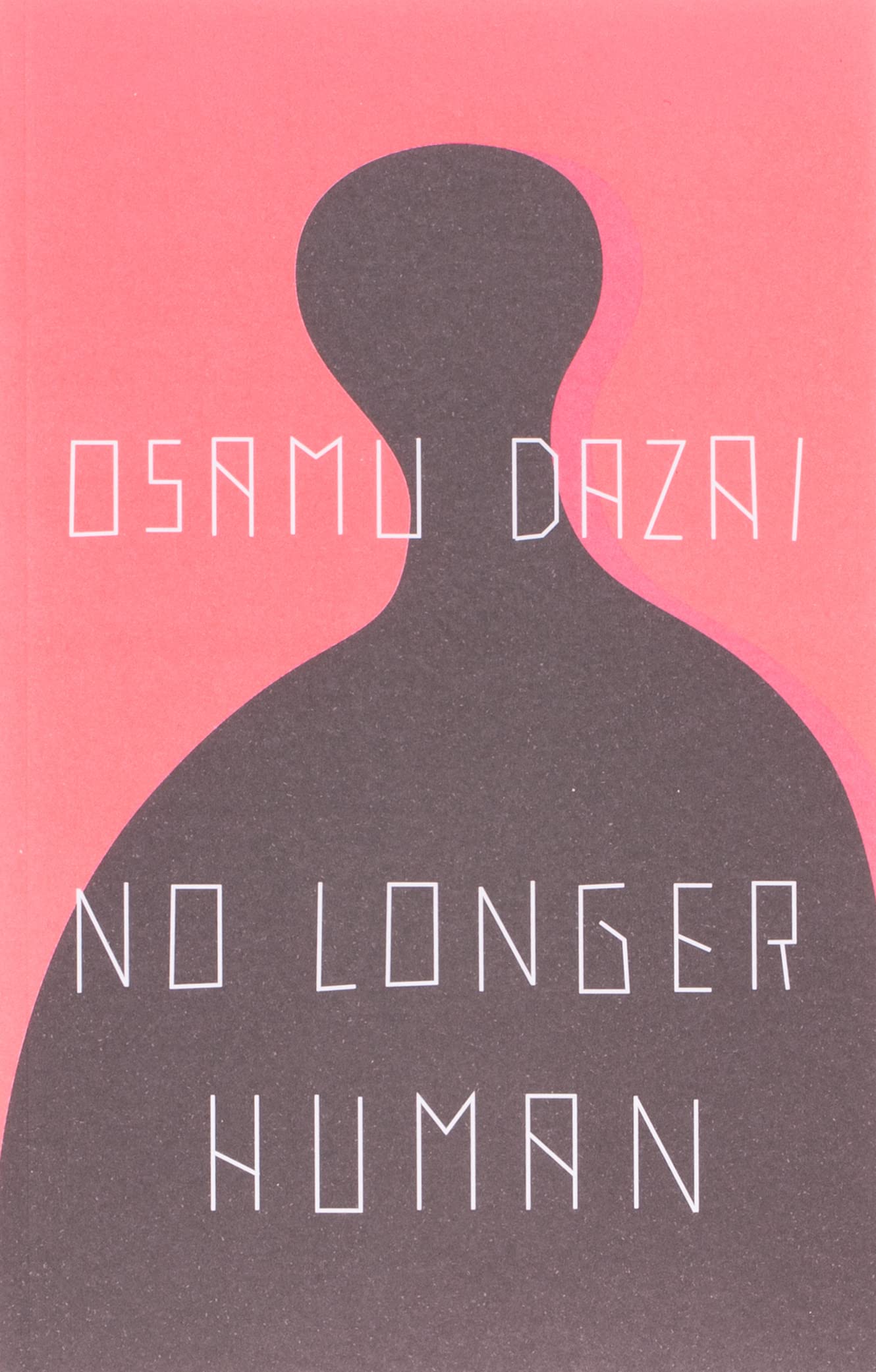
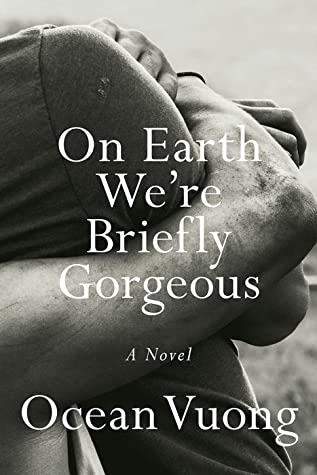
My Rating: 9/10

What really sparked my interest in this book was that I heard it was used in a legal battle to convict the author, Oscar Wilde. Of what–I purposely avoided knowing until I had finished the book. However, after finishing the book and learning it was used to convict him of gay, I was quite disappointed! In the face of the kinds of depravity we see in the novel–real abominations of character within our characters–being gay seems like such a vanilla conviction. A conviction without conviction, if you will.
It's a really interesting book, but it definitely has some issues. For example, the development of Dorian is the driving force for the novel. He starts out as a clean slate and seems fated to grow corrupt, yet unfortunately he's not even the most interesting character! Completely outshadowed, Lord Henry has some of the most incredible dialogues I've ever read–almost nothing he says seems agreeable, but it really does provide the food for thought, and what is a good character if not stimulating? Even the artist, Basil, with his minimal screen time, had actual takes on life that were more interesting and believable than Dorian's perceptions.
But it's not really Dorian's thoughts that kept me interested. As time goes on we see his descent into madness, and how he repels and attracts others.* This creates a really good mechanism for exploring themes of self vs self and self vs society. And it's this exploration in which the book really shines. To me, the standout themes were beauty as innocence vs beauty as experience, the duality of self (private vs public), corruption and how it snowballs, and self-perception.
Ultimately, the book was pretty interesting, and gave lots of room for interpretation which I really liked, but was plagued by moments that drag. Until hitting the plot twist which is close to the middle of the book, it's hard to get really invested in Dorian and the story.
*Chapter 11 seems designed to highlight his insanity, but at the same time I felt it was doing a bit too much. It may be the most horrendous amalgamation of prolixity and sesquipedalian loquaciousness that has ever afflicted a piece of paper. I feel that the point could have been conveyed a little bit better. Do we really care about his eclectic rug collection? Not really.
Edit: Months later, I still find myself recalling Lord Henry's cutting remarks and Dorian's troubling dispositions. While the pacing drags at times, the novel's exploration of timeless human motifs—beauty, corruption, duality, and self-perception—continues to resonate. Its ability to linger in thought is a testament to the quality of the book, so I'm revising my rating from 8/10 to 9/10.
Quotes
"The books the world calls immoral are the books that show the world its own shame" - Lord Henry
"Even the cardinal virtues cannot atone for half-cold entrees" - Lord Henry
The idea behind this quote is that how you affect other people matters more to them than how you carry yourself, or your character. Or in other words, manners over morals. It's certainaly not a pleasant thought, but does provide food for thought (pun intended).
"One should absorb the colors of life, but one should never remember its details." - Lord Henry
As is the trademark of Lord Henry, he's graced us with another rather disagreeable quote, yet it raises an interesting question: Does life's beauty come from the details? I think so, but it's not that clear.
"Why is it that I cannot feel this tragedy as much as I want to?" - Dorian Gray
"When I find that I'm growing old, I shall kill myself." - Lord Henry
"Nothing can cure the soul but the senses, just as nothing can cure the senses but the soul." - Lord Henry
A good one to think about.
My Rating: 3/10 [DNF, p. 235]

Well... I tried—twice, years apart—to finish this novel. Unfortunately, it is quite difficult to read and even harder to enjoy. The prose is stuffy, the characters constantly shift, and the story splinters into too many little tidbits that never resolve. Eventually, I found the worst part about reading the book was simply reading the book.
Allow me to illustrate my issue with this novel. Here are a few sentences from the story, two of which I've randomly selected and one which is supposed to highlight a character's insanity:
"Trees raised their naked, mottled branches to the sky like mourners stilled in attitudes of grief."
"She could hear her hair growing. It sounded like something crumbling. A burnt thing crumbling. Coal. Toast. Moths crisped on a light bulb. She remembered reading somewhere that even after people died, their hair and nails kept growing. Like starlight, travelling through the universe long after the stars themselves had died. Like cities…"
"Her bones had whispered this to her that night (the said night, the concerned night, the aforementioned night, the night hereinafter referred to as "the night") when she made her move on the pavement"
The issue is that the "normal" sentences are already so inflated, that the insanity illustration doesn't even register as particularly unhinged.
There's a simple principle of contrast that this novel completely misses. To have meaningful lows, you need to have meaningful highs. Every third sentence – whether about trees, sunsets, or bones – is pitched at the same fervor. Every page strains for profundity, and because of that the prose exhausts rather than moves.
Quotes
"Yes of course she knew there was a word for people like him..two words actually..but two words do not make a language."
Excellent way of demonstrating that labels are not representations of the individual, and that people are quick to assign labels and forget about the details / implications.
"Love, after all, is the ingredient that separates a sacrifice from ordinary, everyday butchery."
Highlights how love acts as a double edged sword. On one hand it can give meaning, and on the other hand it can be illusory.
My Rating: 8/10

Killing himself shortly after publishing this novel, No Longer Human is a heavily autobiographical story about a man who does not fit in. It’s not that he’s disliked, or marginalized which alienates him, but his own fear of not meeting the requirements to be considered a human being. To completely understand everything in this book, you’d have to be at least as insane as the author; that being said, this book has a wealth of critical analysis of society and constantly challenges your ideologies about life. I love a book that makes you think, but don’t expect to walk out of reading this book with a smile.
“Living itself is the source of sin”
“What is the antonym of crime?…I feel you can tell everything about a man just from his answer to this one question”
I thought this was an interesting idea because once you dive past the threshold of what is and isn’t accepted by society and focus more on what you think within, the answer to this question can help you make sense of what drives you (and/or another). For example, most people at first glance would respond to this question with something such as “the law”, however, a more intrapersonal answer could be “selflessness” or “integrity”. Simply answering in such a sense reveals a surprising much about ones self identity.
"What is society but an individual?"
It would seem norms are the way they are because our societies deem them to be so. Osamu challenges this conception by questioning what a society really is. ’Society’ is not a tangible thing. ‘Society’ is not capable of doing. It is individuals within a society who choose to act in certain ways. It may feel to an individual that everyone is doing or acting in some way, and so ‘society’ pressures one to conform, but this ideologue does not adequately address the reality that every individual must choose to act before actually doing so. In questioning what society really is, Osamu redirects attention and—by consequence of doing so—power, to the individual.
My Key Takeaways
- Being genuine means being the same everywhere you are. Doesn't matter what situation you're placed in, doesn't matter in whose company you're surrounded by. The more you put on a front about who you are, the more you lose yourself. Sure, sometimes being true to yourself can be hard to do, but nobody finds things that are easy to do admirable.
- One of the concepts that I struggled with in this book was the association between empathy and selfishness. I used to thing of them as kind of contrasting, but this book made me seriously re-evaluate that. I don't know if it's necessarily a direct relationship between the two, but I know they're not as different as they might seem.
- This abstract idea that being a Human Being is within a box. What is included? What is excluded?
My Rating: 6/10

Written in the form of a letter to his illiterate mother, On Earth, We're Briefly Gorgeous is a recollection of painful memories, pieced together to make something more. This book features some of the most stunning prose I have ever read, especially in the beginning few chapters of the book. As the stories goes on, we get more and more fractured pieces of memory, as if mimicking his fractured upbringing. Clearly crafted with intention, this book feels like an art piece.
In contrast to the beginning of this book I felt that the ending segments of this book were very hard to make sense of. I found the spike in difficulty of understanding to be quite detrimental to my overall experience. That being said, the ending pieces did not contradict the underlying messages of the book, allowing the conclusion to still feel well-developed.
"All this time I told myself we were born from war--but I was wrong, Ma. we were born from beauty"
"The cruelest walls are made of glass"
The worst boundaries are those you can see the other side of, yet all the while are entrapped by.
My Rating: 7.5/10 (it's complicated)
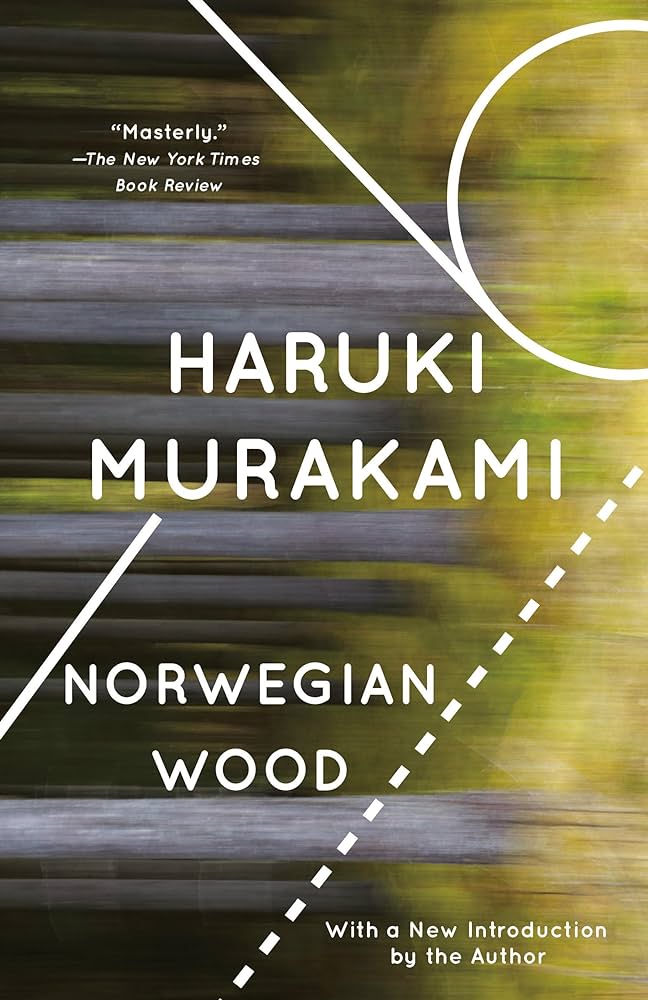
Norwegian wood follows the story of Toru as he struggles with his love for Naoko who is the girlfriend of his deceased best friend. With such a crazy driving force, I was left feeling underwhelmed throughout the majority of the story. But the rating for this novel is not that simple.
1) Our main character: Toru
Toru lives a life many people would consider action packed—he has sex, goes
traveling, meets new people, drinks, parties, the whole 9 yards. For a character
that happens upon so many experiences, I found him an incredibly stagnant guy. For
90% of the novel, there is 0% character development for our MC which is quite
unfortunate. The main character being unable to move forward is likely stylistically
done, but its consequences cascade into our plot.
2) The plot
There’s a bunch of interesting small events that happen throughout the novel. The
author paints vivid, memorable pictures almost every single chapter describing
beautiful and twisted moments. However, at the end of the each chapter, it feels
like we’re exactly where we started in terms of plot line. The same central issues
persist primarily because they’re outside of the MCs hands. The MCs inability to
move forward keeps these issues as the central driving force of the plot, which
means the plot goes basically nowhere for a large majority of the novel.
3) Supporting Characters
So far it sounds like I hate this novel, but like I said, it’s complicated. The
character development is stylistically stuck for our central figures, but the
supporting characters themselves go far beyond all expectations. They’re amazing.
Each supporting character is their own world of mystery and intrigue, and with each
small event we learn a new piece of the puzzle. They are unique, eccentric, oddly
relatable and yet altogether foreign. Slowly building up their motivations and
piecing together what makes them tik was by far the most enjoyable part of the novel
for me. Whereas the plot struggled to give me meaning, observing the characters and
their interactions helped me make sense of things.
It's complicated. Toru is maybe the most infuriating MC I’ve ever read, but the supporting characters bring unparalleled diversity and flavor. You just don’t see characters like them every day. The novel feels modern. It’s not afraid to dive into difficult topics and make you feel uncomfortable. It doesn't pretend the world is all roses, yet somehow leaves me finding wildfires romantic.
In conclusion: 7.5/10. Fantastic if you can get past the plot not going anywhere.
“If you’re in pitch blackness, all you can do is sit tight until your eyes get used to the dark”
“‘Don’t feel sorry for yourself’, he said. ‘Only assholes do that.’”
“‘What makes us most normal,’ said Reiko, ‘is knowing that we are not normal’”
Science Fiction
The literature of ideas.

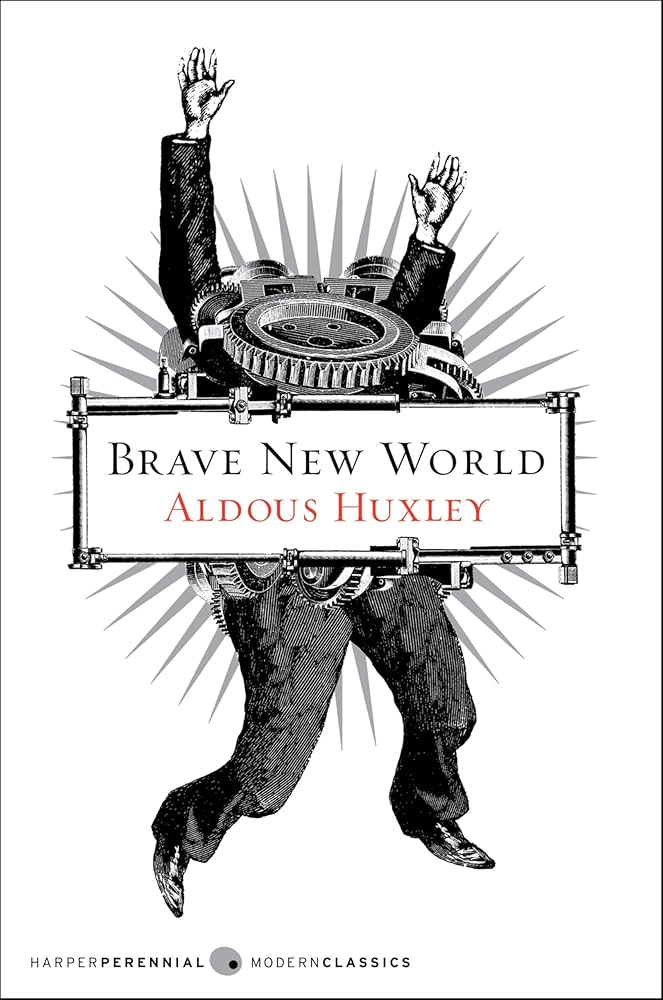

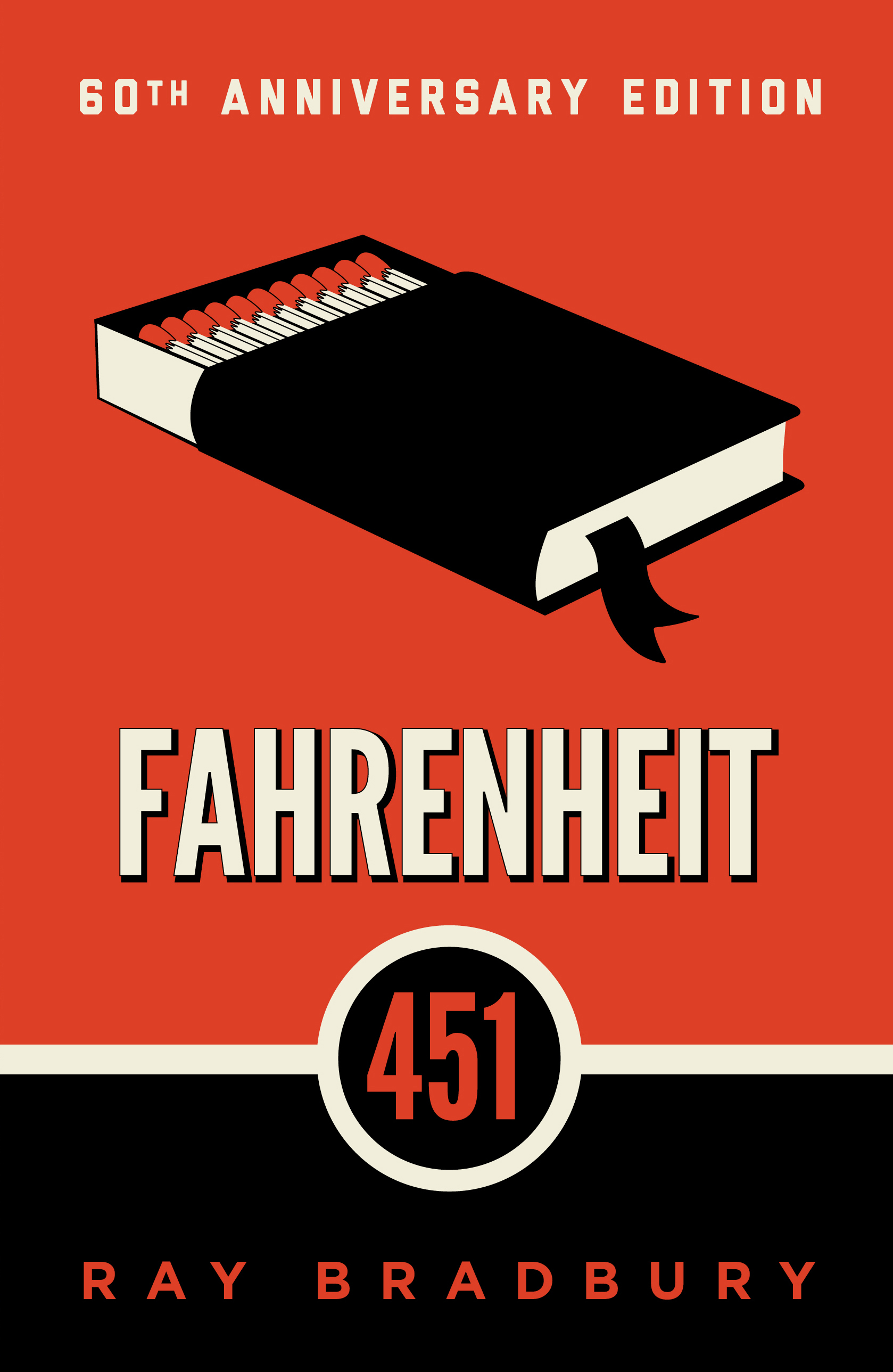
My Rating: 8/10
Read in Dec 2025

With beautiful prose that is simple yet elegant, this book wonderfully contrasts our android main character with our preconceptions of humanity, challenging us to think on exactly what it is that makes one human right from the start.
While raising the question "Can human nature be learned?", the novel symbolically explores intrinsically human motifs such as hope and empathy. Ishiguro describes human experiences with quiet grace–my favorite being the sun's pattern providing nourishment. Ultimately, it concludes in a way that almost feels anodyne, yet hard to disagree with.
Even though the book touches on a touchy subject, it feels oddly non-controversial. I can't imagine anyone disgruntled by the depictions of self, human nature, or society. I felt as if the book only took one stance that was 'fresh', even while exploring uncharted sci-fi territory. The rest, while beautifully crafted, felt surprisingly familiar.
I still think it's a lovely book, just one whose elegance outshined its ambition.
Quotes
"Sometimes,' she said, 'at special moments like that, people feel a pain alongside their happiness."
"people often felt the need to prepare a side of themselves to display to passers-by – as they might in a store window – and that such a display needn't be taken so seriously"
"Of course, a human heart is bound to be complex. But it must be limited."
My Takeaways
- The soul is often thought of as residing within the body, but it may also be influenced by the outside, by those close to you and those you surround yourself with.
- Taking help from others can push you beyond your individual limits
- People wear many different faces, and it may be the summation of all those that represent the individual.
- Hope is powerful, both for good and bad.
My Rating: 8.75/10
Read in Oct 2025

I've often said that the most beautiful writing speaks profoundly through simplicity, with writing so simple anyone could understand. This book is not simple. It does, however, speak profoundly. Within this Brave New World, layers upon layers of complex emotions, ideas, and milieus unfold. The novel paints a vivid picture of its dystopian life, and touches on various facets of life within. I enjoyed this approach because it encourages you to think on various themes before they are explicitly addressed in the climax. To me, a novel that makes you think and reflect is a great one – and this one does that in spades.
That said, I did have some issues with the read. At times I felt the author's messaging was overly direct. For example, to showcase hedonism, there is an overt focus on sexual behavior. While I understand the narrative purpose, I would have appreciated additional ways to convey the same point and felt the obsession limited the scope of the novel. Additionally, while the concept behind the opening was brilliant, its execution was hard to follow. I found myself pushing through the beginning to stay engaged, which is not the strongest way to start a novel.
Quotes
"What's the point of truth or beauty or knowledge when anthrax bombs are popping all around you?"
The key struggle of the book, as expanded upon in the exploration section.
(of philosophers) "a man who dreams of less than there is in heaven and earth"
Originally from Hamlet, a quote that illustrates that there is far more in the world than that which humans can reason about, and that to be confined to philosophy is to unduly limit your imagination.
"No offense is so heinous as unorthodoxy of behavior. Muder kills only the individual."
This line demonstrates a fear of ruling power: not violence, but disobedience. Those who don't conform to the system breed the incentive to challenge it. For those in power, the slightest deviation is dangerous because it reminds others alternatives exist. Control is preserved not by preventing bad things, but by preventing change.
"God isn't compatible with…universal happiness"
"for this religious sentiment is of its nature so pure, so delightful to the soul that experiences it, that it makes up to us for all our other losses"
Quite interesting because of the illustration of how religion is meaningful because of loss. Defined by a world of impermanence and suffering, God provides a constant refuge. Of course, the problem is that if there is no suffering, God doesn't provide any salvation.
The Central Struggle of the Brave New World
The central struggle of this society is clear: stability and contentment vs. a full, volatile range of human emotion. Which one is better?
If your life is already pretty good, the promise of constant happiness might feel like a prison. You'd fight for, as the novel puts it, "the right to be unhappy." But if your world is falling apart and the, "anthrax bombs are popping all around you" — then stability starts to look like salvation.
Ultimately, you start to think about the bigger question: What gives life meaning if nothing goes wrong?
If we remove fear, grief, longing, disappointment — do we also erase the joy that only exists because those feelings exist?
Meaning might come from the very fact that life is unstable, that happiness is something earned and uneven. When comfort is guaranteed, the soul goes missing. But then again, maybe I can only say that because there's rice on the table.
This debate is not a novel one, and literature across history touches on similar ideas:
- Stoicism's pursuit of ataraxia (serene steadiness)
- Romanticism's celebration of passion and pain
- Existentialism's focus on the meaning of the emotional burden of being human
- Various mythological texts focus on freedom from the human experience (Buddhism, Hinduism, etc…)
Brave new world is one imagined look at what happens in a world where the comfort is guaranteed, but the 'human experience' is clipped.
Self Perception vs Reality (Spoilers)
Another central theme is the divide between who we think we are and who we reveal ourselves to be. Throughout the novel, notable characters project an idealized self image – righteous, pure, or principled – yet crumble the moment desire challenges that image.
John and Bernard both want to be perceived in a specific way. John wants to see himself as a beacon of righteousness, and Bernard wants others to see him as someone significant.
However, as push comes to shove, they both fail to live up to their own ideals. John cannot contain his id, and Bernard's illusion of importance gets shattered. In turn, the shame of that failure devastates them. John kills himself, and Bernard nearly gets there, had it not been for Helmholtz.
Helmholtz, in stark contrast, is uninterested in crafting a persona. He knows what it is he wants, and acts on it without self-mythologizing. While there is a place for introspection that his character misses, his clarity of motivation makes him the only one capable of consistent bravery in the face of opposition. We see this throughout the novel:
- He openly rejects the shallow work expected of him, pursuing real creativity even when it threatens his status, unlike Marx who conforms to whoever is in power
- He doesn't back down in the face of authority, unlike Marx who collapses the moment he's challenged
- He chooses exile to a harsh island — not for comfort, but for the intellectual freedom that struggle makes possible
My Rating: 7/10
Read in Sep 2025

It's a good story—easy to read, engaging, and quite short. The storytelling is focused, though this also means it lacks the diversity and exploration of motifs that novels of greater caliber usually contain.
One of its strongest features is the syntax, which reflects Charlie's mental state throughout the book. As his mind develops and later declines, the writing itself becomes a powerful way of showing his inner struggle (deep dive in exploration section).
In contrast to the lines themselves, the space between them is where this novel struggles. Beyond a few standout moments, the explorations of self vs society, human relationships, empathy, and ethics didn't strike me as particularly profound.
Overall, it's a perfect book if you want an easier read that still makes you think—without drowning you in thoughts.
Edit: After giving it a few months and having read a few more novels, the lack of resonating themes in this novel really sticks out to me. I feel that underlying motifs were not powerful enough to really encourage the kind of introspection I've come to expect from novels of caliber. Therefore I'm revising my rating from 8 to 7.
Quotes
"Although we know the end of the maze holds death…, I see now that the path I choose through that maze makes me what I am. I am not only a thing, but also a way of being — one of many ways — and knowing the paths I have followed and the ones left to take will help me understand what I am becoming"
The path you choose through the maze shapes who you are, but it doesn't determine the next turn. The key is not completing the maze, but taking a path that allows you to be yourself.
"I don't know what's worse: to not know what you are and be happy, or to become what you've always wanted to be and feel alone."
This quote captures a central tension of the novel—the trade-off between ignorance and knowledge, and, by analogy, between simple happiness and complex understanding.
"One of the important reasons for going to college..is to learn that the things you've believed in all your life aren't true, and that nothing is what it appears to be"
I wonder if that's still true today, or if college has become a more standardized experience—one that shields people from the world rather than preparing them for it.
"If they gave him enough time — if they didn't rush him or push him too fast — he would get it. But nobody has time."
"He kept telling me to relax and that gets me scared because it always means its gonna hurt" - Charlie (with better spelling)
Exploring the Desire to Learn (Spoilers)
Charlie's desire to learn is more than a character trait—it becomes the vehicle through which we track his entire journey. At first, it's simple: he wants to impress Miss Kinnean. As his intelligence grows, learning transforms into a source of joy and a way to prove to himself and the world who he can be.
When his mind begins to decline, the one thing he clings to is that same desire—to hold onto knowledge. Even after his regression, he still feels the urge to learn, though he no longer understands why. However we, as readers who have witnessed his entire journey, fully grasp its significance. That understanding hits like a sledgehammer to the heart, shattering us emotionally with the full weight of Charlie's journey.
Keys uses this constant desire to anchor Charlie's story while everything around him changes. By the end, that persistent drive resonates deeply: it embodies identity, dignity, and the human spirit, delivering an emotional impact that is both subtle and devastatingly powerful.
My Rating: 8/10

Set in a dystopian future where firefighters burn books instead of putting out fires. Fahrenheit 451 is a classic novel which touches upon important human emotions and themes. A big part of the book has to do with ignorance, whether it be active or not, and I've found that the messages of the story are applicable to daily life. Sometimes the amount of detail the author goes into seems a tad too much, but overall the plot is very interesting, and you really feel an emotional connection with the main character.
A book is a loaded gun
My Rating: 7/10

A society which defines the meaning of totalitarianism. Amidst this society, 1984 is the story of an individuals revolt. Even though the writing style was intentionally bleak to mimic daily life, I found that it took some effort to keep going, at least at the beginning through the exposition. That being said, once the rising action started, the book maintained my interest till the end.
Every concept that can ever be needed will be expressed by exactly one word, with its meaning rigidly defined and all its subsidiary meanings rubbed out and forgotten.
My Rating: 7/10
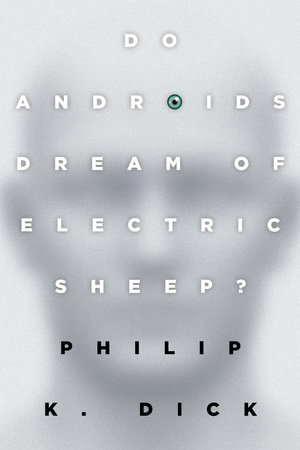
Rick is a bounty hunter whose job is to kill Androids. Seem simple? It's everything but. Unsurprisingly, this book has a lot to do with the issues of self identity and morality, asking questions like Who are androids and why are they different than humans? and What makes humans Human? Even though I read this book in 2012, I remember it left strong impression on me. That being said, I can't remember the morals of the story, or even how the book ended, both of which I can do with many books that leave a strong impression on me. Even though my approach to reading a book has become much more through as of late, I still find it hard to give a higher rating with these factors in mind.
"An android," he said, "doesn't care what happens to another android. That's one of the indications we look for."
"Then," Miss Luft said, "you must be an android."
Short Stories
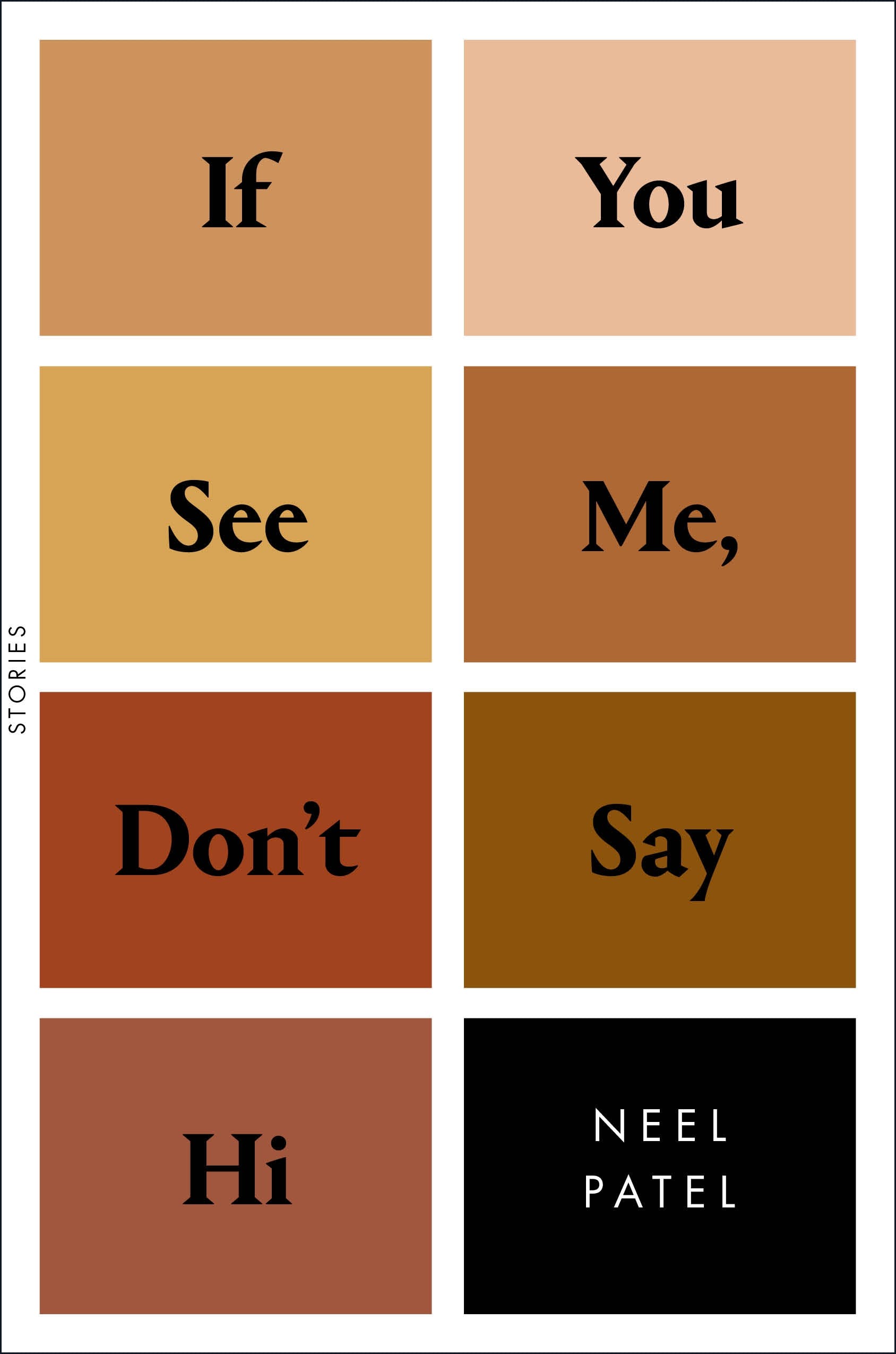
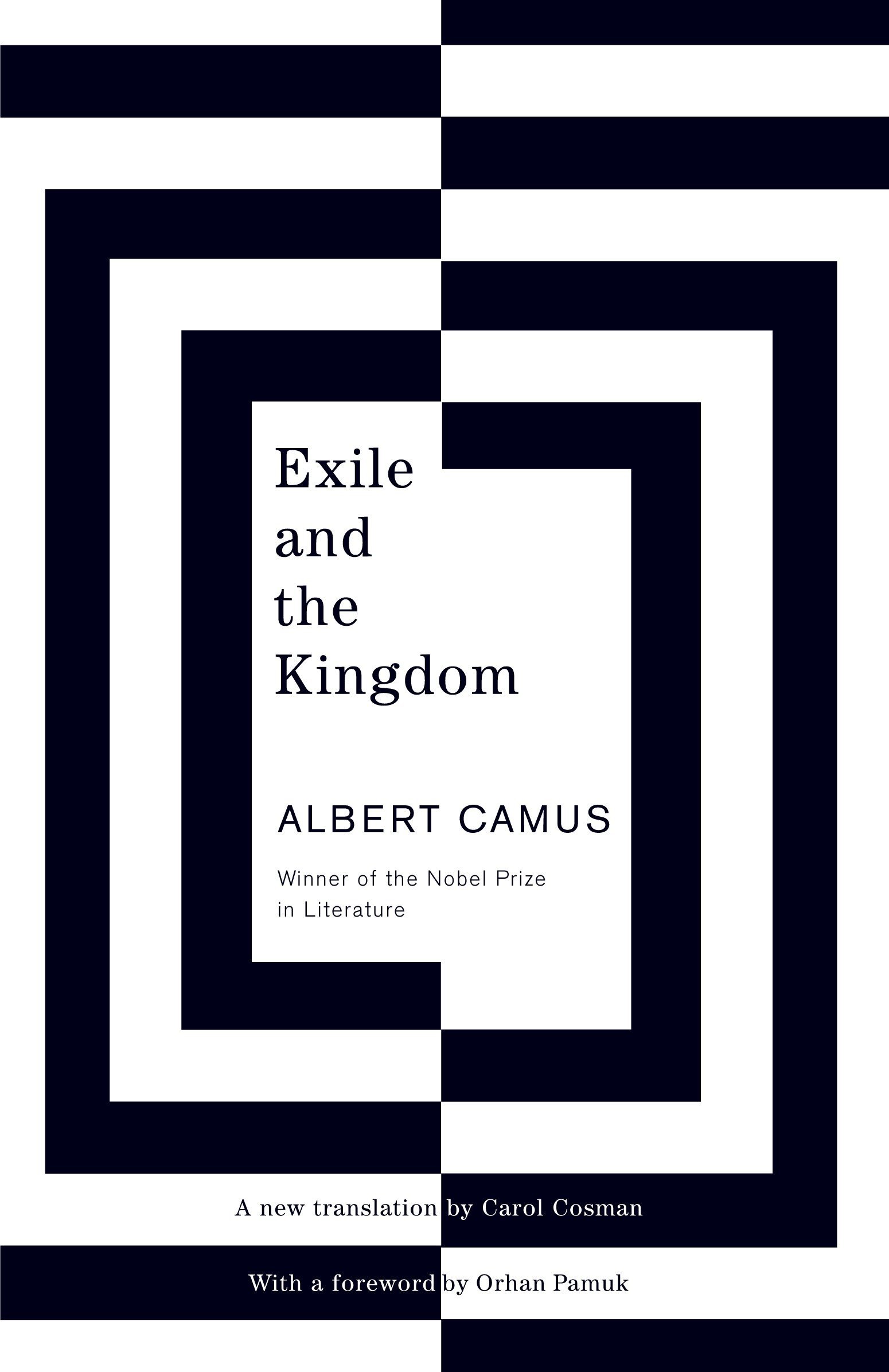

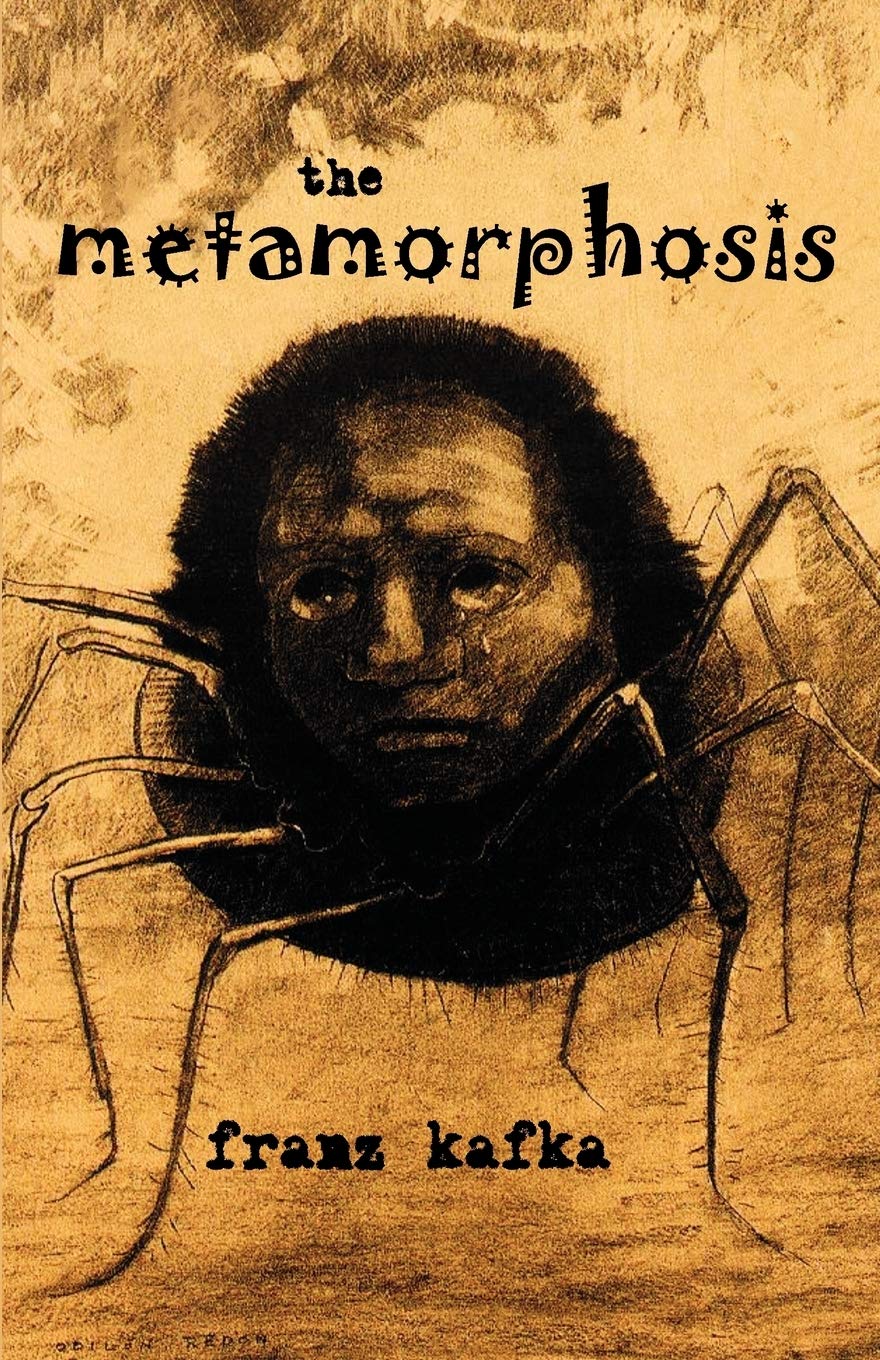
My Rating: 9/10

This is a short story collection about first-generation Indian Americans. Through stories wrung with raw human emotion, Patel desiccates overgrown stereotypes, tearing apart the minority myth. Careful not to embellish life, each story gives us a small window to look at a wide variety of brown experiences, leaving us with open endings to draw our own conclusions. Written by a desi author for a desi audience, these stories finally provide us with an authentic portrait of the brown experience.
“No one ever told me that happiness was like a currency: that when it goes, it goes, and that few people are willing to give you some of theirs”
My Rating: 8/10

This is a series of short stories which deal with feeling exiled and wanting to feel at home. Featuring great prose filled with literary techniques, Camus’s metaphorical stories left me empathizing with the characters. Although there are a couple of stories that went over my head, for the most part, this book was really engaging. Each story felt exactly the right length, never too rushed, and I never felt like I was being flooded with information that was hard to piece together. However, even in such small pieces of text, Camus managed to make me feel for each character, and the sad endings made me want to sit there for a few additional moments to soak everything in.
My Rating: 10/10
A perfect society!
Almost.
Read it here.
My Rating: 3/10
In this short story Gregor, a salesman who supports his family wakes up one morning to find he has turned into a giant bug! This book is incredibly depressing and touches upon lots of deeper philosophical questions about morality and humanity. I was not a fan of the authors depictions of human nature, hence its lower rating. That being said, the story was a very compelling read.
Read it here.
My Rating: 1/10
In this book a man defends his sanity after murdering an old man for fear of his eyes. Personally, I thought that this was a super confusing read to make sense of. Although it was an interesting story the underlying ideas which drove the plot were too abstract for me to make sense of.
Read it here.
My Rating: 6/10
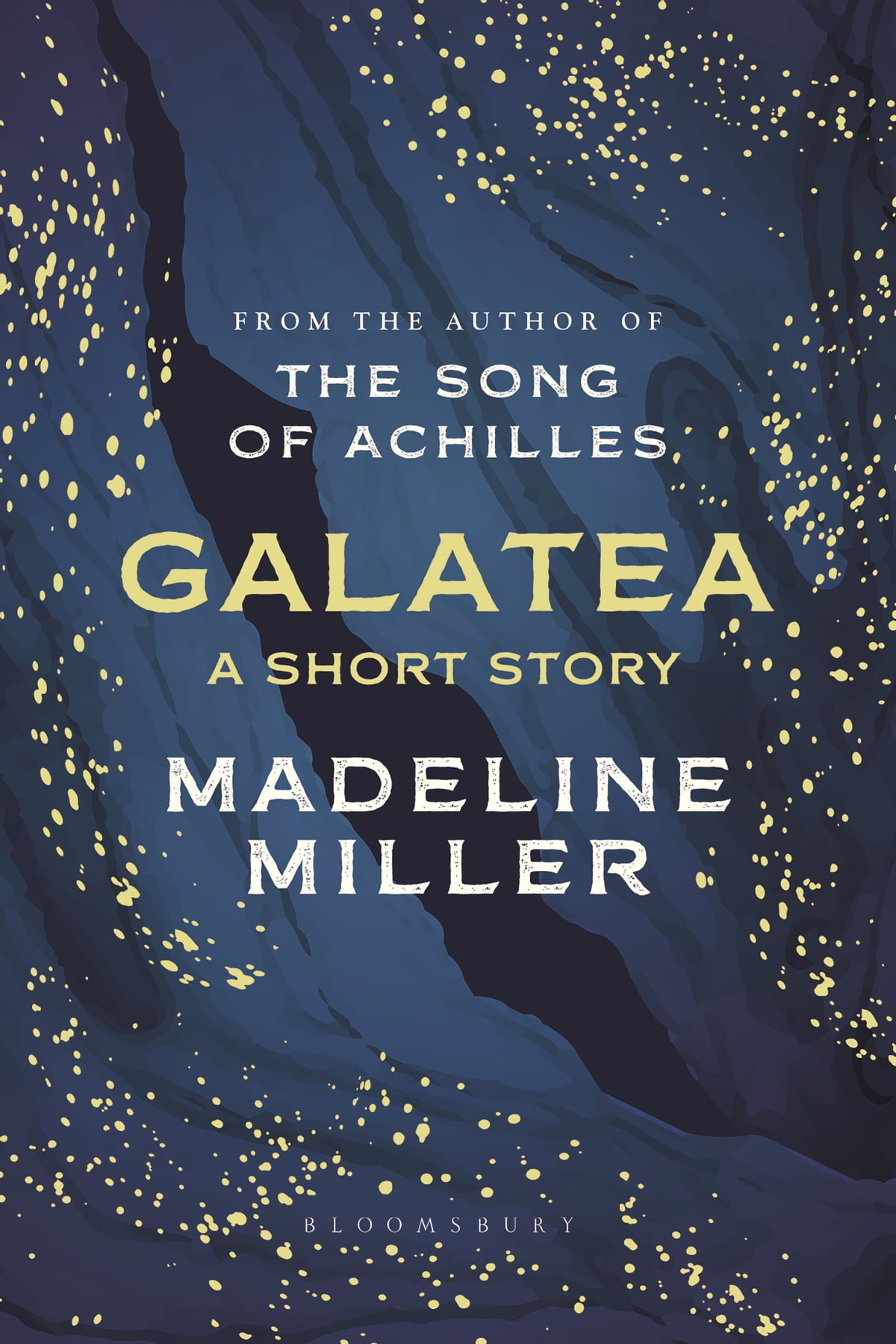
The third Madeline Miller work I've read, Galatea is a short story about a statue come to life. Historically documented as a tale of divine blessing and unbridled love, Miller reimagines the story in a darker, down-to-earth rendition. Although there were outlets for creative interpretation, such as why Galatea is never explicitly called by name, I found the story bland and hidden behind the shadow of her prior successes "Circe" and "Song of Achilles".
So far I've found that the most compelling short stories allow readers to ponder a wide variety of moral questions, which is why I thought that this story was too straightforward. Although it certainly detailed misogyny and it's implications (and did so in an intriguing manner), I would have appreciated a deeper commentary, perhaps about the underlying power systems as she had in the past, allowing for more personal connections.
Another problem I had was developing an emotional connection with Galatea’s child. Even though a deeper understanding of the child is not necessary for the plot to progress, in Miller's prior work she was able to add color to the story by creating dimensional characters. In contrast, Galatea’s child seemed very 2D which was especially prevalent considering how few characters there are. That being said, the ending of the story was very satisfying and complete, which is a trait seen time and time again in her stories.
Non-Fiction
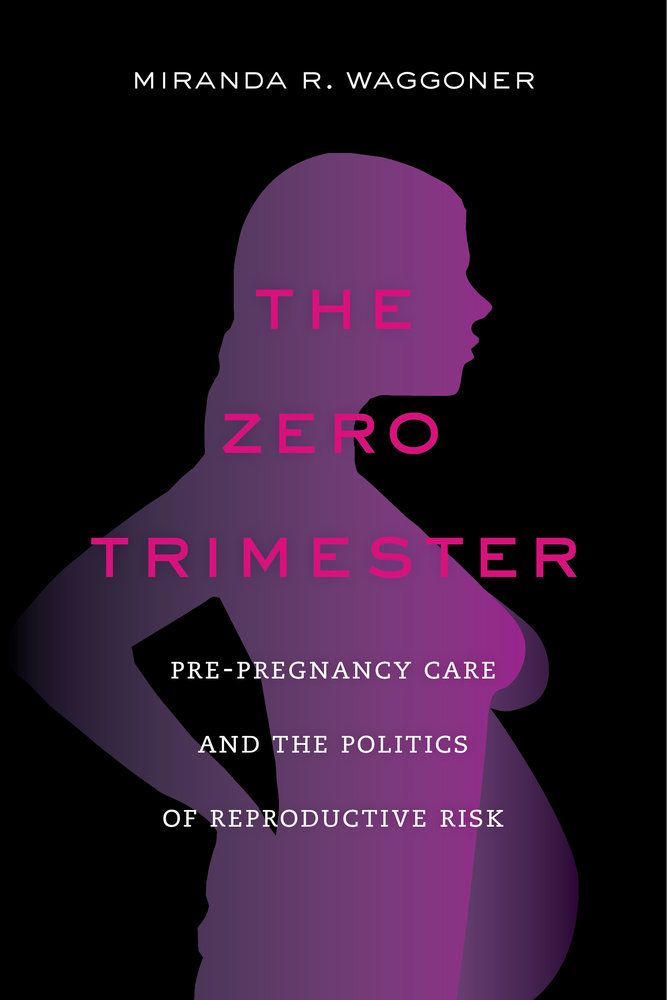
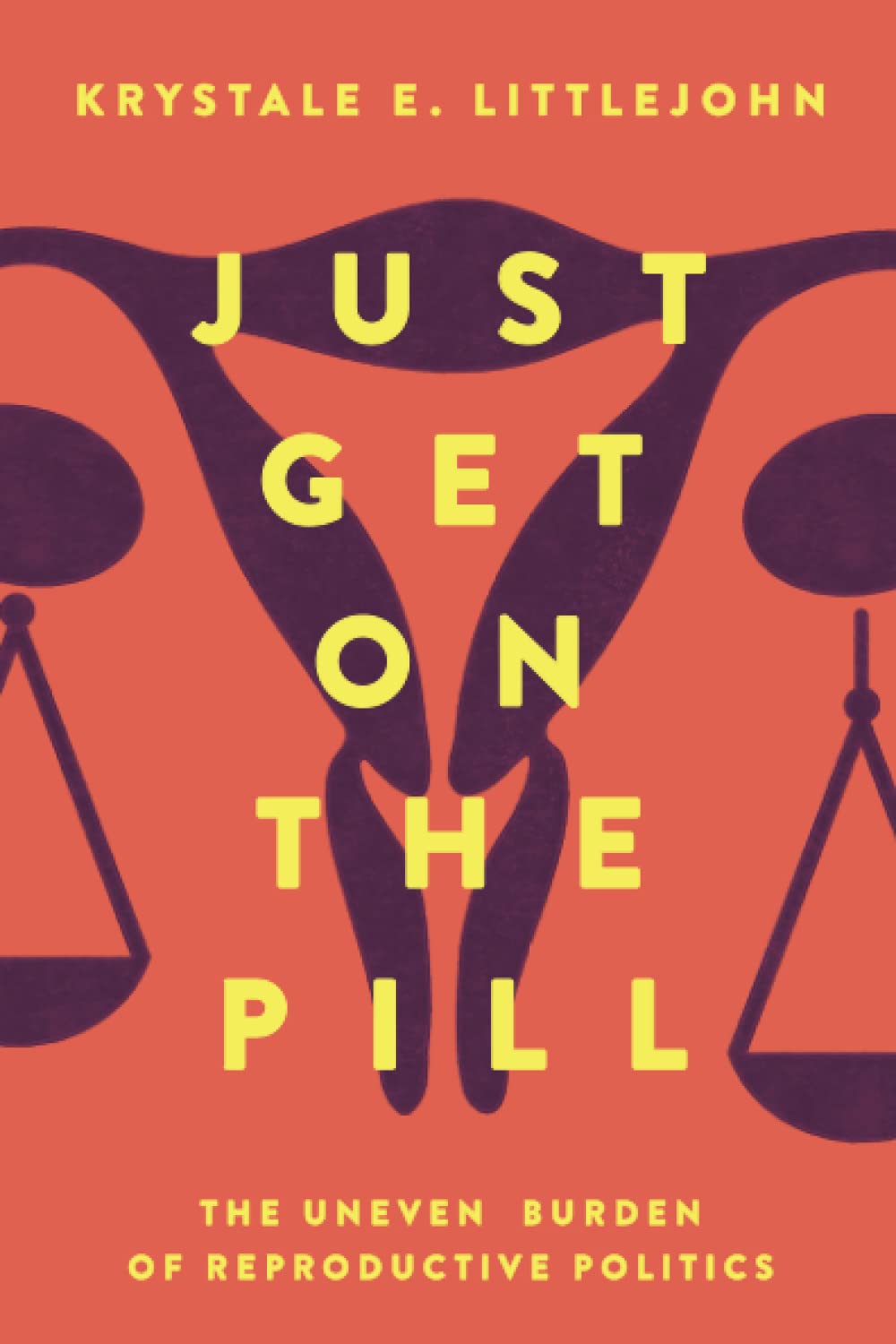
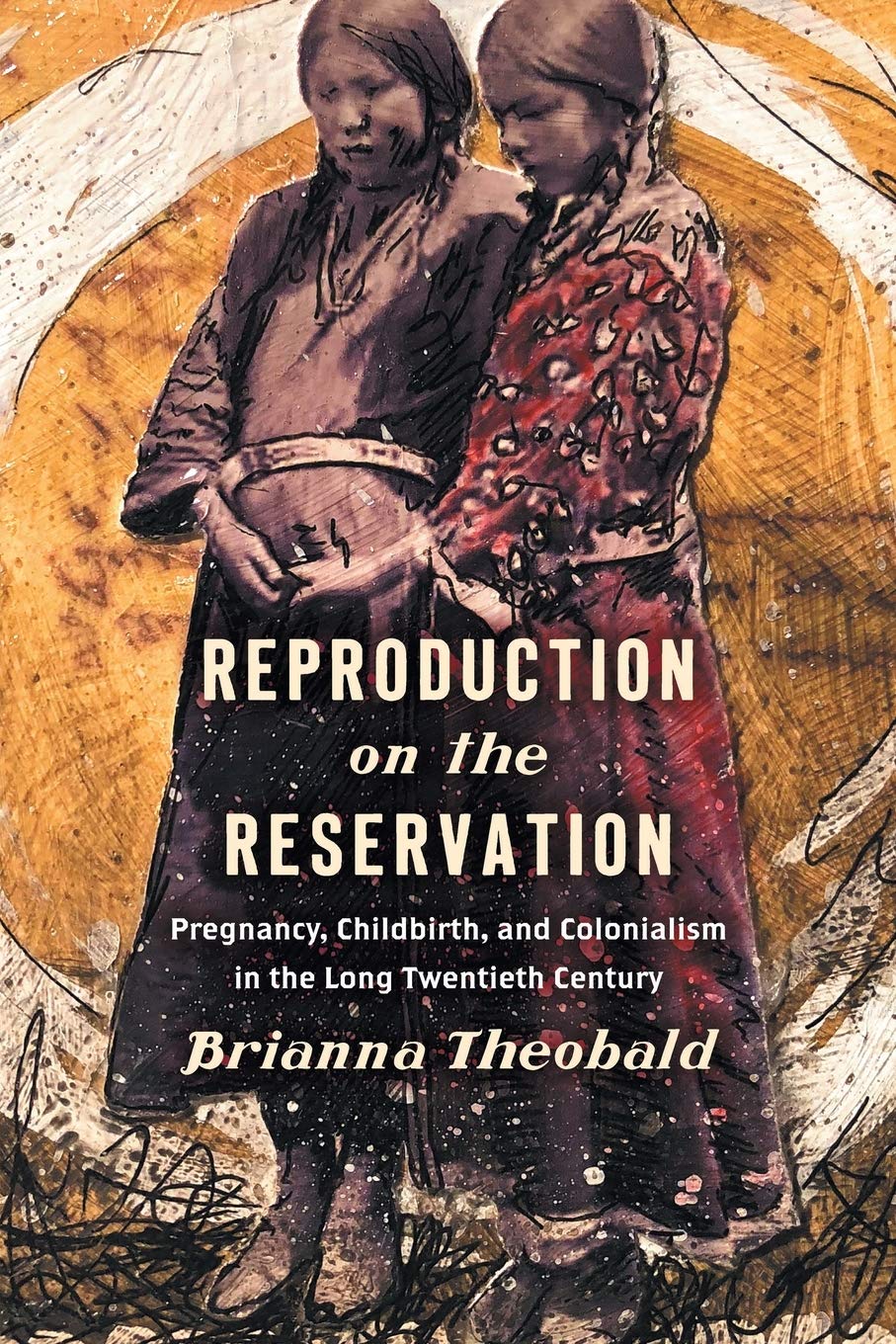
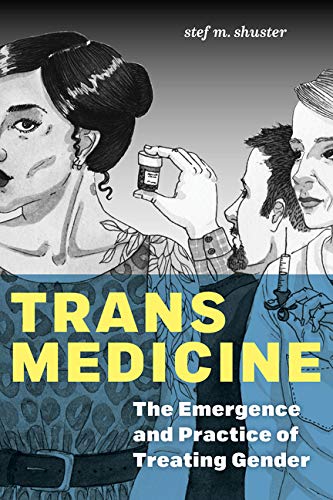

Miranda takes an intensive look at the pre-pregnancy model formulated by the CDC in 2006. She discusses the reasons for activists' backlash against the model, why many saw it as a transgression against the reproductive justice framework, why the CDC experts framed the model as they did, the political and historical climate of the time, and the intended effects of the model. This is an excellent book to deepen your understanding of buzzword topics in the modern political climate such as abortion, women's rights, and pregnancy care. This book also does a good job explaining both sides of the pre-pregnancy model, which is the topic of contention.
Interview with the author:
After reading this book, I had the opportunity to talk directly with the author, Miranda R. Waggoner. After talking to her, I deepened my understanding of the current political climate with specific regards to women's rights and abortion. Here are some of my takeaways from our conversation:
- There is an underwhelming amount of scientific research on the pregnant body. There are many repercussion to this, but one example of how this is relevant is that for the COVID vaccine, doctors were unsure what effect it would have on the baby and on the pregnant body.
- The message about pregnancy care and mortality is very individually focused right now (get healthy, be aware that your pregnancy could be compromised). Small changes focused on the individual do not have the power to solve the population's problem (within the USA), which is one of the highest infantile morality rates in developed countries. Instead of this, the message should be more population focused. For example, instead of telling pregnant people to not eat fish because they have mercury, question why the fish have mercury in the first place.

This book argues that the division of labor regarding contraception is not equitable, and that women are socialized into using female brith control methods. For example, Littlejohn argues that thinking along the lines of condoms are the responsibility of men and birth control is the responsibility of women, has a myriad of negative consequences on women and their autonomy.

This book discusses the transformation of reproductive practices on the Crow Reservation. It takes an in depth look on pregnancy, childbirth, and how colonialism contrasted and affected the policies and practices on the reservation.

Shuster dives into the long and complicated history of trans medicine and how the modern conceptions carried through the medical field may negatively impact trans patients. Topics discussed in this book include questions about credibility of trans patients, the lack of medical knowledge with trans patients, and how the history of trans medicine effects doctors in the current day and age.
Good Lines / Fav Quotes
A collection of funny, ingenious, and otherwise memorable quotes and lines I've stumbled across.
“When small men begin to cast big shadows, it means the sun is about to set” - Lin Yutang
“When I find that I’m growing old, I shall kill myself.” - Oscar Wilde (The Picture of Dorian Gray)
“Out beyond the ideas of wrongdoing and rightdoing, there is a field. I’ll meet you there.” - Rumi, 13th century.
“It takes ten times longer to put yourself together than it does to fall apart” - Hunger Games: Mockingjay (Suzanne Collins)
“Change is the only constant” - Heraclitus
“You will die the way you live” - Disputed author
“None shrank and simpered as you did, and yet the great Helios stepped on you all the faster, because you were already crouched” - Circe (Madeline Miller)
“But perhaps no parent can truly see their child. When we look we see only the mirror of our own faults” - Circe (Madeline Miller)
“Someone else said he was a rapevictim (which was a word in every language)” - The Ministry of Utmost Happiness (Arundhati Roy)
“In what language does rain fall over tormented cities” - Pablo Neruda
“...Need was a warehouse that could accommodate a considerable amount of cruelty” - The Ministry of Utmost Happiness (Arundhati Roy)
“‘Sad stories make good books’” - The Kite Runner (Khaled Hosseini)
“Life will not be controlled, but makes a fluent resistance to all crabbed constraint” - The School for Wives and The Learned Ladies, by Molière: Two comedies in an acclaimed translation. (Richard Wilbur)
“Why, goddamit, why did they insist upon confusing the class struggle with the ass struggle, debasing both us and them--all human motives?” - Invisible Man (Ralph Ellison)
“Never let the truth get in the way of a good story” - Legend of Korra
“I grant this food will be somewhat dear, and therefore very proper for landlords, who, as they have already devoured most of the parents, seem to have the best title to the children.” - A Modest Proposal (Dr. Jonathan Swift)
Recommendations
I love to hear about what books others have been reading. Recommend me something to read!